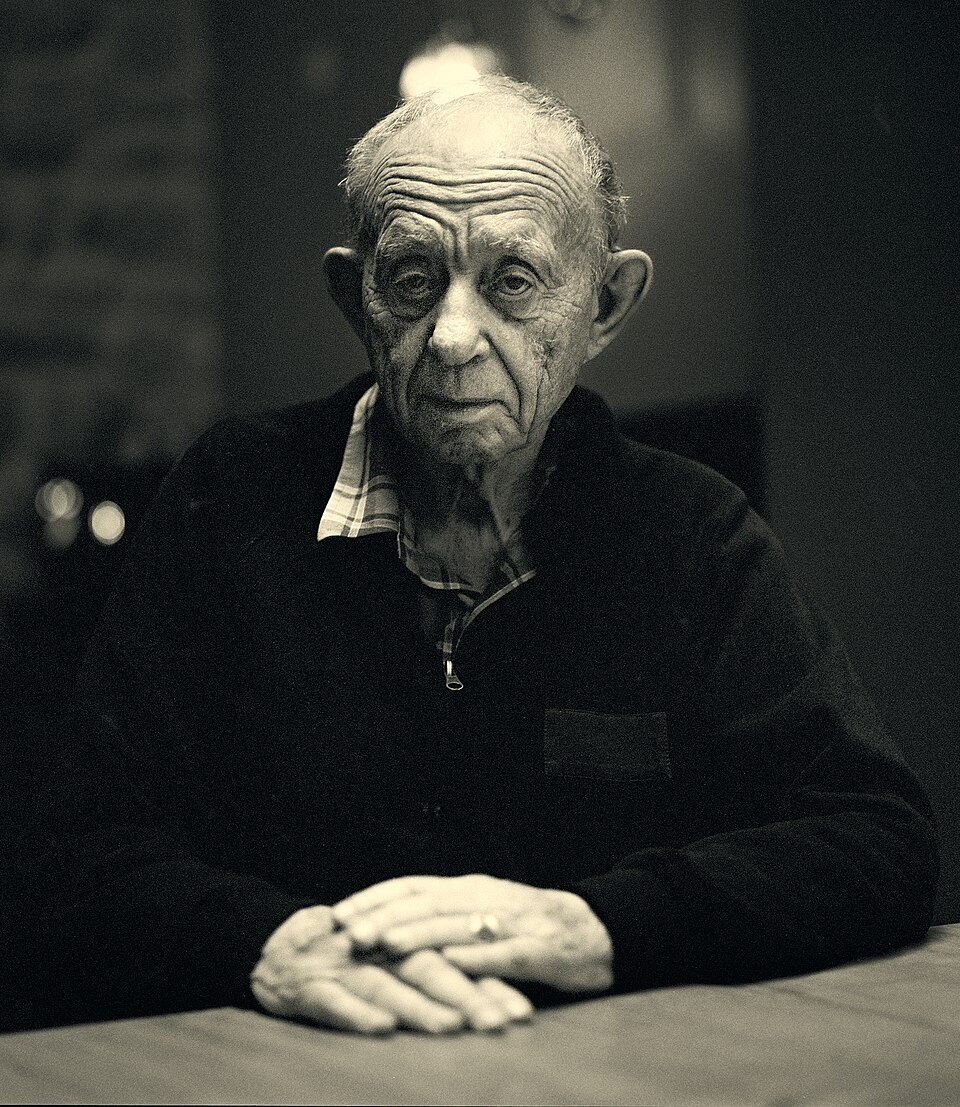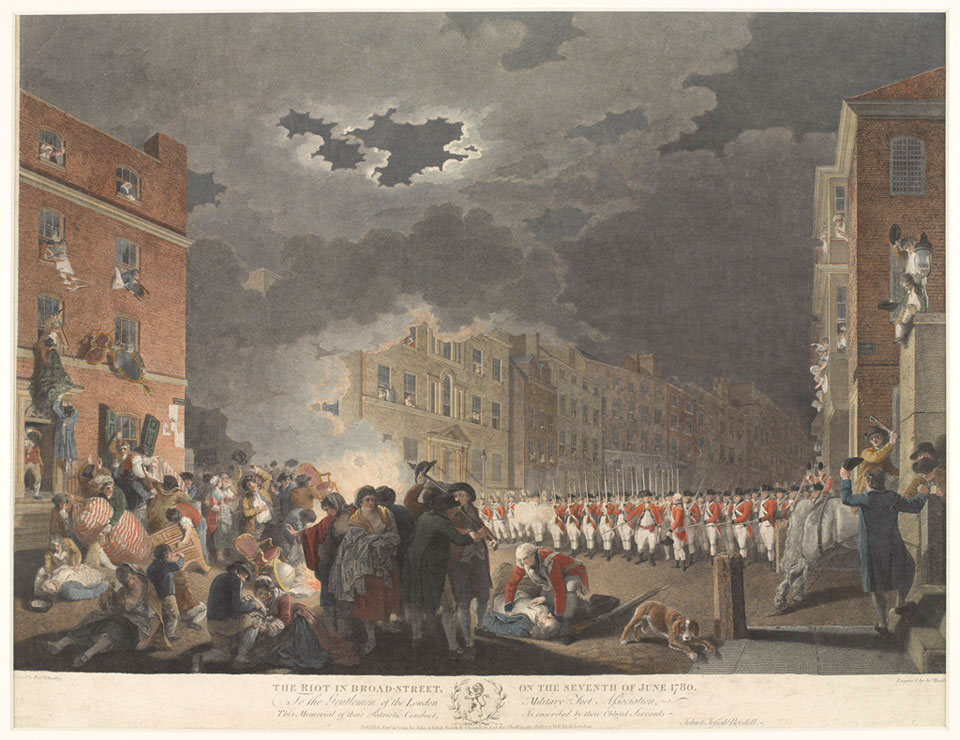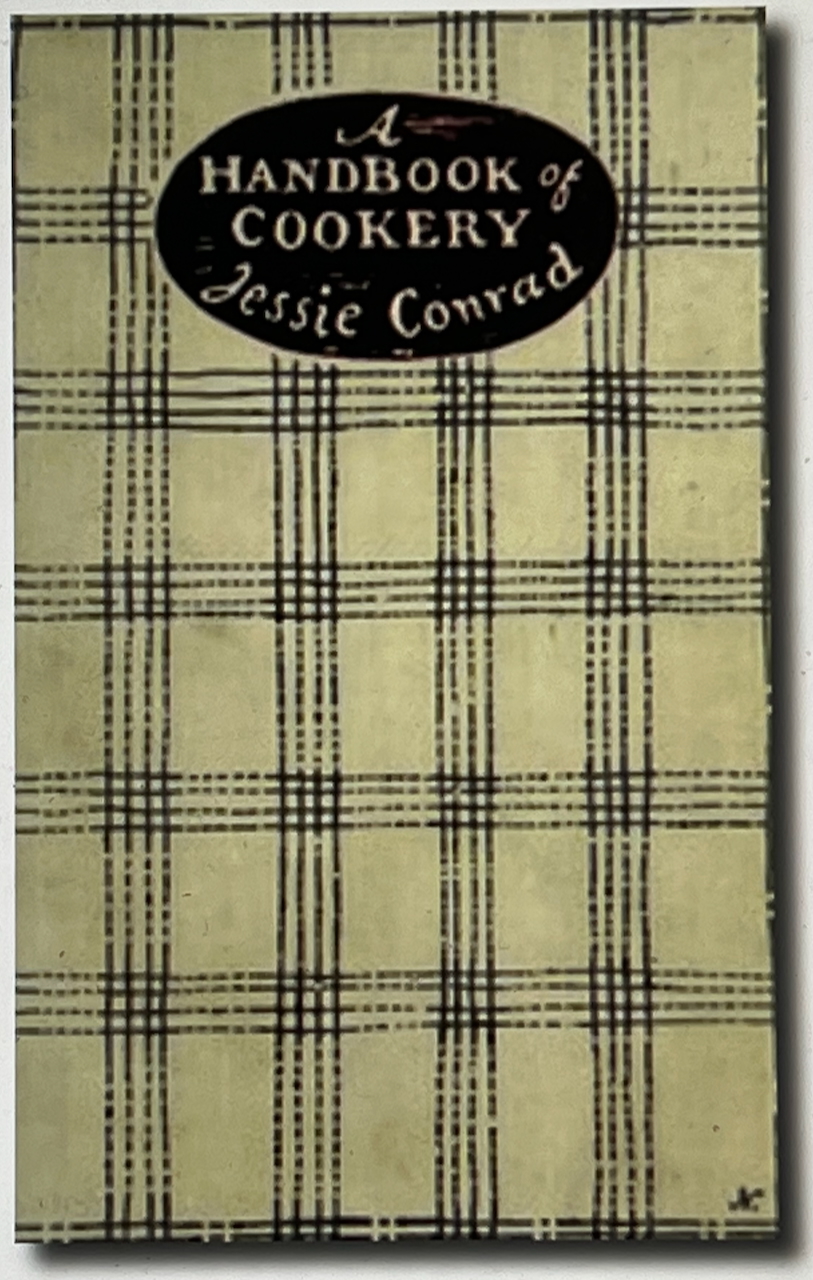Small Things Like These is Christmas Forever Imagined
By Ben Fulton
December 6, 2024

Capitalizing on Christmas lost its shame so long ago that we often feel almost duty-bound to return the holiday to its Christian roots in search of what we nebulously acknowledge as meaning. This narrow pursuit denies Christmas’s celebrants in two ways: first, by blinding us to the holiday’s pagan origins and customs; and second, by denying us the evolving spiritual significance that keeps all holidays alive and ready to celebrate the following year.
To put it bluntly, Christmas owes its place in the year to the house of commerce and consumerism but owes its life to the fact that it is rich in symbols, metaphors, and stories. Where the pagans of the pre-Christian era celebrated plant life that retained its green colors through the darkest part of the year, we get to celebrate the renewal of the human heart, whether we believe honestly that Jesus Christ is the Messiah or not.
In my humble household, no other titles hold the pride of Christmas place besides Charles Dickens’s A Christmas Carol (1843) and Hans Christian Andersen’s short story (the description of “fairy tale” does not do it full justice) “The Little Match Girl” (1845).
Now, more than 175 years after the dawn of those two magisterial Christmas titles, comes Claire Keegan’s little 2021 book, Small Things Like These, replete with an imminent film adaptation of the same name starring Cillian Murphy.
Small Things Like These takes a curious middle register where the spirit of Christmas is concerned. Its first hundred pages or so build a mounting set of scenes around its central character, Bill Furlong, a respectable coal delivery man in rural southeast Ireland and loving father to five daughters, but with a mysterious past as the son of an unwed mother who found refuge in a Protestant family. Furlong’s town of New Ross is solidly Roman Catholic, with an imposing convent at the edge of everyday life that attracts crows despite the cheer of the December month.
The year is 1985, and times are tight in pre-boom Ireland. Live-Aid is in full swing to aid starving Ethiopians, Queen is all the rage, and no one talks openly about Freddie Mercury’s sexuality. Common hardship holds the townsfolk of New Ross in partial solidarity, but it is clear to everyone, although never spoken, that the convent nuns rule morals and customs with an iron fist, disguised by a velvet glove of Christian charity.
Little in the book besides Furlong’s concern for his daughters and the rote hospitality of New Ross emits Christmas cheer. Instead, foreboding curiosity is the predominant atmosphere as Furlong discovers, slowly, the real goings on inside the convent. Keegan never once uses the words Magdalene Laundries in her narrative. To the great shame of Irish history, and relatively recently, since the last laundry house was closed in 1996, to mention them by name would be redundant.
By the book’s end, however, it is clear that Small Things Like These is not so much about the injustices of Irish history as it is about the moral courage of Furlong, as he faces an incredible risk. Without spoiling Keegan’s marvelous story, or its film adaptation, Furlong’s Christmas begins in the solace of family and community, ends in dread, and then leaves us to imagine the ruthless backlash he must face in front of the parochial powers of New Ross. As a bonus, Keegan gives readers the backstory of Furlong’s search for his father as an intriguing parallel to Jesus’ miraculous birth.
With its yule setting and multifaceted references, Small Things Like These falls firmly in the category of “Christmas book.” Unlike the Dickens or Andersen classics, however, there is no rejoicing for Scrooge’s reformed spirit to be had, no transcendent or purifying vision of a little girl’s soul embraced by her loving grandmother. The plot point to “celebrate,” if such a word can be used, is Furlong’s quiet but iron-clad will, his determination to do right in cold, hard, isolation from his own community.
If Keegan’s narrative seems unnecessarily bleak, perhaps it is because she believes charity, and particularly the charity we toss around during Christmas, demands work. The work of brutal honesty. The work of unswerving courage. To say “Merry Christmas,” “Please wish them a happy Christmas,” and “many happy returns of the season” is easy. Where true Christians find eloquence in their beliefs is to live fully in those decisions. Charity toward the weak and defenseless is for the strong, while selfishness belongs to the weak.
It would be difficult to proclaim just yet that Keegan has given us a “Christmas classic.” Small Things Like These neither lifts the heart nor breaks it. Instead, it is a quiet story suspended in the hopes of what Christmas might mean in years to come—and could mean now, this very year, if and when we find courage enough to search for it.





